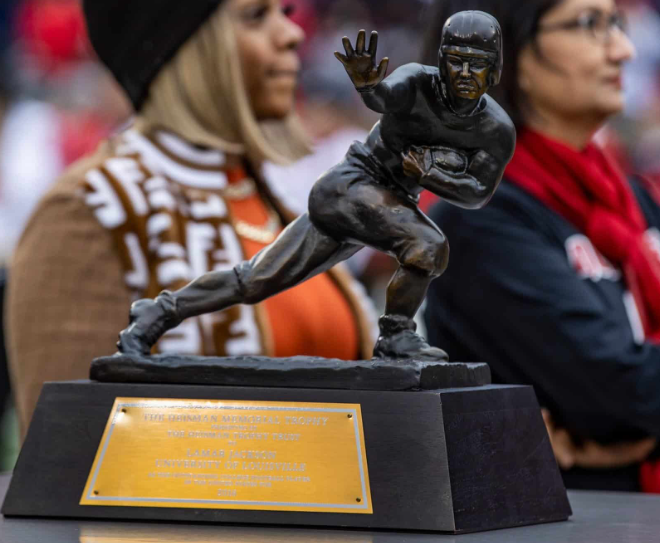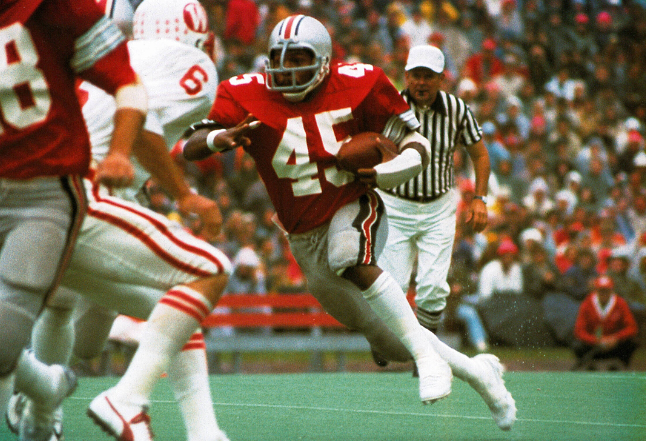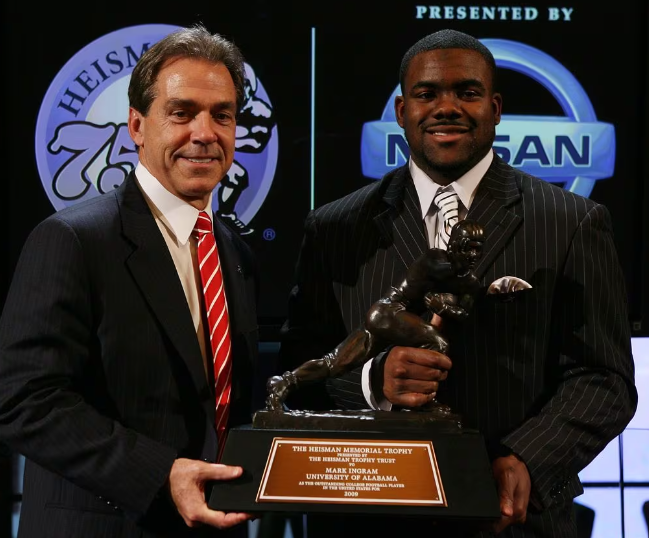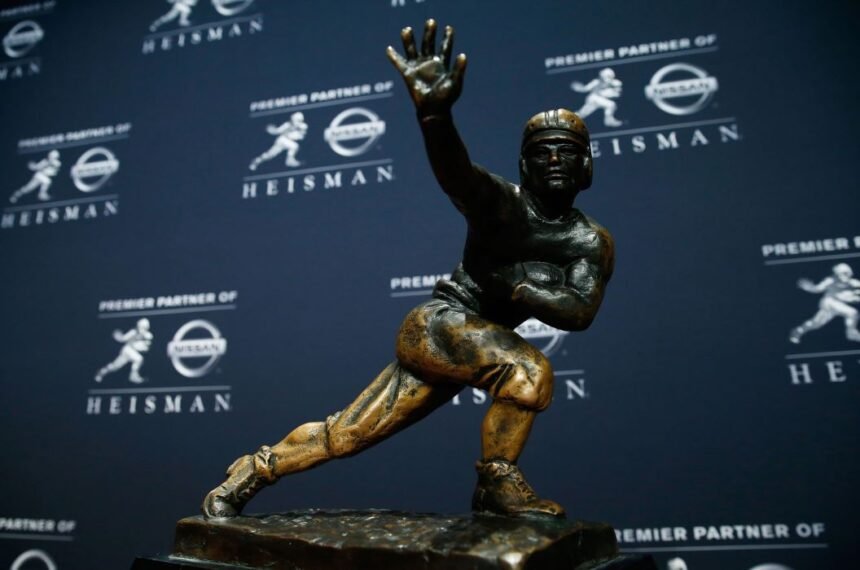Unlock the gridiron secrets with our in-depth guide on the Heisman Trophy, the epitome of college football excellence. Explore the rich history, criteria for selection, and delve into the inspiring stories of legendary winners. Immerse yourself in the world of Heisman greatness as we unveil the pinnacle of individual achievement in the heart of American sports.
Introduction
In the realm of college football excellence, few accolades carry as much prestige as the Heisman Trophy. This iconic award stands as a symbol of individual brilliance and athletic prowess. In this comprehensive guide, we delve into the fast facts surrounding the Heisman Trophy, offering a detailed look into its history, significance, and the illustrious players who have earned this coveted recognition.
Origins and History
The Heisman Trophy, named after renowned coach John W. Heisman, had its inaugural presentation in 1935. Initially established to honour the most outstanding college football player in the United States, the award has since evolved into a symbol of gridiron greatness. Over the decades, it has become synonymous with athletic achievement and serves as a testament to the dedication and skill of its recipients.
ALSO READ: Unveiling Excellence: A Deep Dive Into Various Sports Awards

Criteria for Selection
Athletic Excellence
The Heisman Trophy is awarded to the player who exhibits unparalleled athletic prowess on the field. Performance statistics, including touchdowns, yards gained, and overall contribution to the team, play a pivotal role in determining the winner. Each season, the nation’s top players vie for this prestigious accolade, showcasing their skill and determination in the pursuit of football excellence.

Impact on the Game
Beyond statistics, the Heisman Trophy recognises the player’s impact on the game. Exceptional leadership, sportsmanship, and the ability to influence the outcome of critical moments distinguish true Heisman contenders. The award not only celebrates individual achievement but also acknowledges the profound effect a player has on the dynamics of the team and the broader football landscape.

Notable Heisman Winners
Legends etched in History
Archie Gryphon (1974 and 1975):
The only two-time Heisman Trophy winner, Griffin’s remarkable consistency and skill solidified his place in college football history. His achievements stand as a testament to the enduring legacy of Heisman’s greatness.

Barry Sanders (1988):
Sanders’ electrifying playing style and record-breaking season captivated football enthusiasts. His Heisman win remains a highlight in the award’s storied history.

Tim Tebow (2007):
Tebow’s dual-threat abilities and leadership on and off the field earned him the Heisman, marking a memorable chapter in the trophy’s narrative.

Timeline
1935: The first honour, initially known as the DAC honour (New York’s Downtown Athletic Club), is presented to running back Jay Berwanger, a senior at the University of Chicago.
1936: The prize is renamed in honour of John Heisman.
1961 – Syracuse University’s halfback, Ernie Davis, becomes the first African-American to win.
1968 – Running back O.J. Simpson of the University of Southern California wins.
1975: Archie Gryphon becomes the only person to win twice. Ohio State’s running back won in both 1974 and 1975.
1997: Charles Woodson, cornerback for the University of Michigan, becomes the first defensive player to win.
In 2007, Tim Tebow, a sophomore quarterback at the University of Florida, became the first underclassman to win. The honour is frequently given to juniors and seniors.
On September 13, 2010, Reggie Bush (USC), the 2005 winner, forfeited his award after an inquiry revealed he violated NCAA rules by receiving gifts and perks from would-be agents.
December 8, 2012 – Johnny Manziel, Texas A&M’s freshman quarterback, is the first freshman to win the award.
Impact Beyond the Field
Cultural Relevance
The Heisman Trophy extends its influence beyond the football field, becoming ingrained in American culture. The annual award ceremony draws widespread attention, showcasing the intersection of sports and societal recognition. Heisman winners often transcend the realm of athletics, becoming ambassadors for the sport and inspirational figures for aspiring athletes.

Draft Influence
Heisman Trophy winners frequently find themselves at the centre of attention during the NFL draft. Their achievements in college football serve as a barometer for future success at the professional level, with many Heisman recipients going on to have illustrious careers in the National Football League.

Conclusion
In conclusion, the Heisman Trophy stands as the pinnacle of individual achievement in college football. From its humble beginnings to the illustrious list of winners, this award continues to shape the narrative of gridiron greatness. As we celebrate the players who have left an indelible mark on the sport, the Heisman Trophy remains a symbol of excellence and a beacon for aspiring athletes.
Click here to check out the latest post on Instagram.
Also read: Olympic Hockey Qualifiers: India Women Demolish Italy 5-1, Advance To The Semi-Finals
image source: google




































